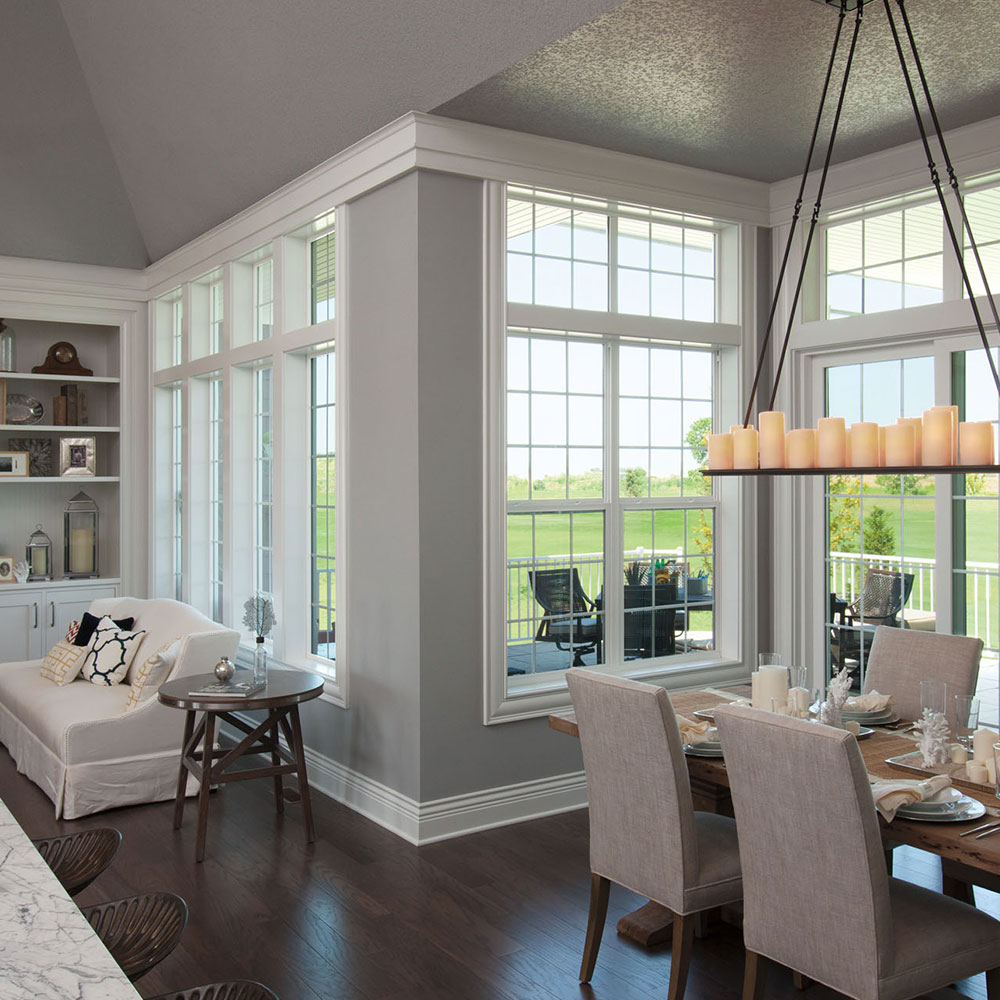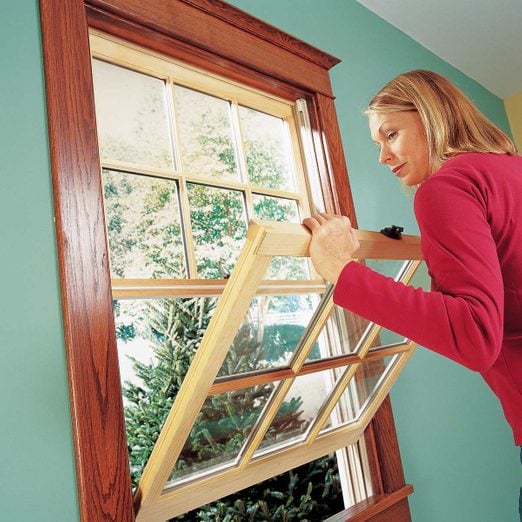Upgrade Your Home With Energy-Efficient Window Replacements
In the world of home renovation, the choice to update to energy-efficient window substitutes can substantially influence both the functionality and looks of a residence (Houston Pella windows). As homeowners seek means to enhance the efficiency and sustainability of their home, the option of windows plays an essential function in achieving these objectives. Beyond the surface area degree of mere aesthetics, energy-efficient home windows supply a plethora of benefits that exceed simple curb allure. With a careful choice procedure that considers different elements, from glass types to setup strategies, beginning on this home upgrade journey could confirm to be a transformative endeavor.
Benefits of Energy-Efficient Windows

The setup of energy-efficient home windows provides significant financial savings on energy expenses while enhancing environmental sustainability. Energy-efficient home windows are made to decrease heat loss and gain, minimizing the demand for heating and cooling down systems to burn the midnight oil. By effectively shielding the home, these home windows assist maintain a comfortable indoor temperature year-round, leading to reduced energy consumption and decreased utility expenses. Additionally, energy-efficient home windows can help manage moisture degrees within the home, minimizing the danger of mold and mold development.
Past the economic advantages, energy-efficient home windows add to environmental sustainability by reducing carbon exhausts related to power production. By decreasing power usage, these windows assist minimize the environmental impact of cooling, heating, and illumination domestic areas. This decrease in power consumption plays a critical duty in combating climate modification and advertising a greener future for generations to find. Generally, spending in energy-efficient windows not only improves the comfort and performance of a home yet additionally aligns with eco conscious techniques.
Kinds of Energy-Efficient Glass
Different advanced kinds of energy-efficient glass deal distinct homes that deal with various demands and preferences in boosting the sustainability and performance of buildings. Low-emissivity (Low-E) glass is a prominent choice developed to reduce the amount of ultraviolet and infrared light that can travel through the glass, thus lowering warmth transfer. This sort of glass assists preserve a constant interior temperature level, decreasing the need for home heating or cooling down systems, and ultimately lowering power prices. One more ingenious choice is spectrally selective glass, which permits visible light to go through while obstructing particular kinds of infrared radiation. This aids in keeping a comfortable indoor environment while decreasing warmth gain. Triple-pane glass, containing three layers of glass with protecting gas between them, provides improved thermal insulation, making it extremely energy-efficient. Additionally, self-cleaning glass with an unique finish that breaks down and loosens up dirt when revealed to sunlight can over at this website decrease maintenance demands and keep windows looking tidy. Each sort of energy-efficient glass supplies distinct advantages, enabling property owners to pick one of the most suitable alternative based on their specific needs and goals.
Aspects to Think About When Choosing
When pondering energy-efficient home window substitutes, it is critical to very carefully examine particular factors that straighten with your sustainability purposes and desired power savings. The U-factor actions just how well the window insulates, with lower numbers indicating much better insulation, while the SHGC indicates the home window's capacity to block heat from sunshine. By thoroughly examining these factors, you can choose energy-efficient home windows that improve comfort, decrease power expenses, and profit the setting.
Setup and Maintenance Tips

Normal maintenance is crucial to maintaining the efficiency of your energy-efficient windows. Check the home windows occasionally for any kind of signs of sealer, wear, or damages deterioration. Tidy the frameworks, tracks, and glass regularly making use of moderate soap and water to remove dirt and grime that can influence performance. Check the weather-stripping and seals for any type of gaps or tears and change them if required to keep the home windows' power effectiveness.
Additionally, lubricate relocating components such as joints and locks to ensure smooth procedure. By adhering to these installment and maintenance suggestions, you can enhance the energy effectiveness of your home and extend the life-span of your energy-efficient home windows.
Cost-Benefit Evaluation of Upgrading

Energy-efficient home windows are designed to minimize warmth transfer, lowering the need for home heating and cooling systems to burn the midnight oil. This can result in substantial financial savings on power costs, particularly in regions with extreme temperatures. Additionally, energy-efficient windows can improve the general value of your home, making it extra eye-catching to prospective purchasers if you determine to market in the future.
When determining the cost-benefit evaluation, consider the potential savings on power expenses, any type of available motivations or refunds, and the life expectancy of the windows. While the first expense might be higher, the long-lasting financial savings and benefits of energy-efficient windows make them a clever financial investment for house owners seeking to improve their residential or commercial property's power performance and worth.

Conclusion
In conclusion, updating to energy-efficient window substitutes provides numerous advantages such as lowered energy consumption, enhanced convenience, and expense savings. By selecting the suitable kind of energy-efficient glass and considering aspects like framework material and setup, home owners can take full advantage of the effectiveness of their windows.
When pondering energy-efficient window replacements, it is vital to meticulously assess particular variables that line up with your sustainability objectives and wanted power financial savings. The U-factor procedures exactly how well the window shields, with reduced numbers suggesting better insulation, while the SHGC indicates the window's capability to block warm from sunshine. By very carefully reviewing these variables, you can choose energy-efficient windows that improve convenience, minimize energy prices, and benefit the setting.
While energy-efficient windows may have a greater in advance price contrasted to conventional home windows, the lasting benefits typically exceed the preliminary financial investment.In final thought, updating to energy-efficient home window replacements offers various advantages such as reduced power intake, enhanced comfort, and price savings.